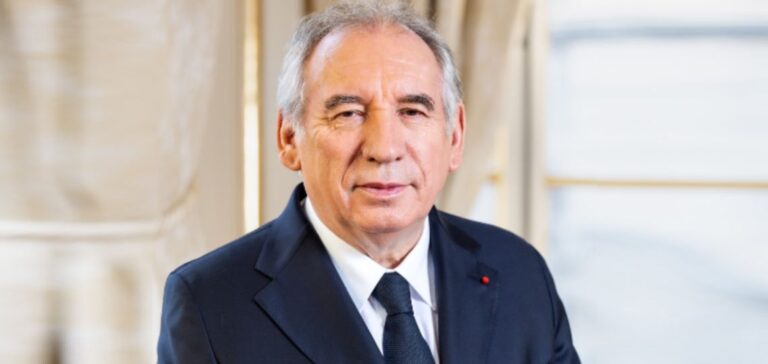France’s energy planning for the 2025–2035 period will only be concluded after consultation with both chambers of Parliament, Prime Minister François Bayrou stated during a speech in the Senate. He emphasised that the roadmap “is not written in advance” and will reflect parliamentary input before its final approval expected in the summer.
A strategic delay of the decree
Originally expected in spring, the decree outlining the Multiannual Energy Programming (Programmation pluriannuelle de l’énergie, PPE) was postponed to allow for the review of a bill tabled by Les Républicains senator Daniel Gremillet, already approved by the Senate. The government anticipates that the text will be debated in the National Assembly from 16 June. The move was welcomed by a centre-right majority supportive of a renewed push for nuclear energy in France.
Nuclear at the heart of the energy mix
The draft PPE 2025–2035 calls for a renewed focus on nuclear energy, reversing the previous plan which considered reactor closures. The government now aims to build six new EPR2 reactors. This direction is intended to make nuclear the cornerstone of national electricity production, according to François Bayrou, who pointed to a “major convergence” between the government and the Senate on this matter.
Cutting fossil fuels while maintaining renewables
The government’s goal is to reduce the share of fossil fuels in energy consumption from 60% in 2023 to 42% in 2030, and then to 30% by 2035. At the same time, the PPE confirms increased deployment of renewables, particularly offshore wind, without revisiting current projects. This dual strategy is designed to align France’s national energy policy with the 2050 carbon neutrality target.
Interconnections and energy security
Responding to the power outage in Spain and Portugal on 28 April, François Bayrou stated that France remains “structurally less at risk”. He attributed this to the country’s lower reliance on renewable energy in its mix and its geography, which enables broader and more effective cross-border interconnections. He nevertheless reiterated that diversifying energy sources remains critical to avoiding systemic failures.






















